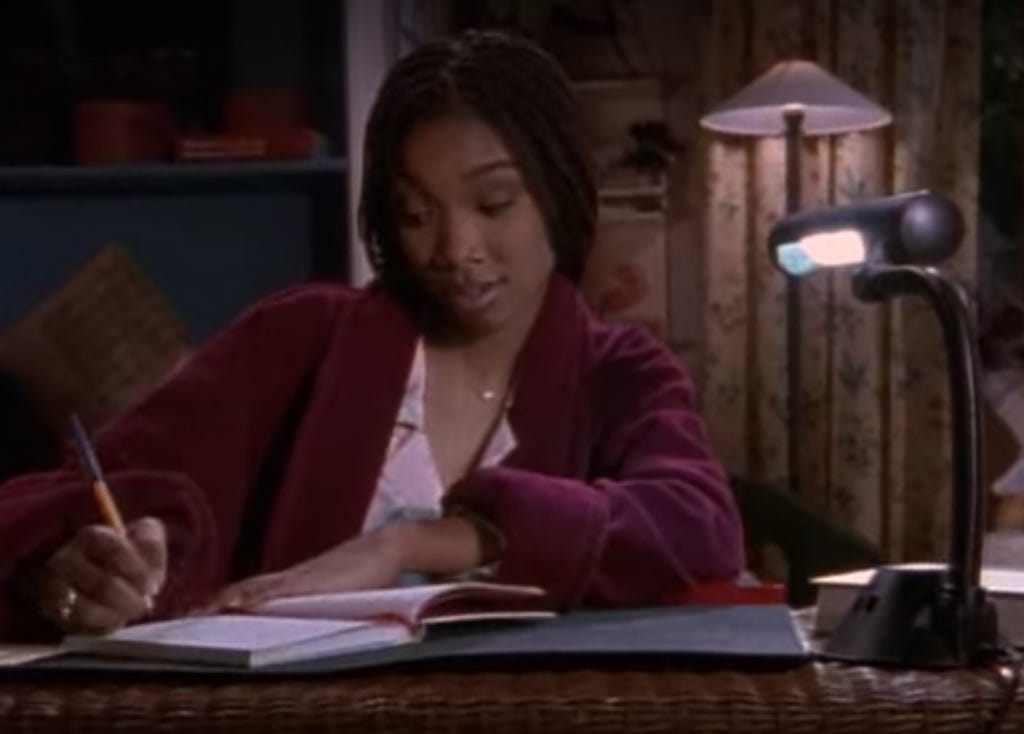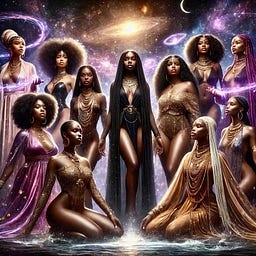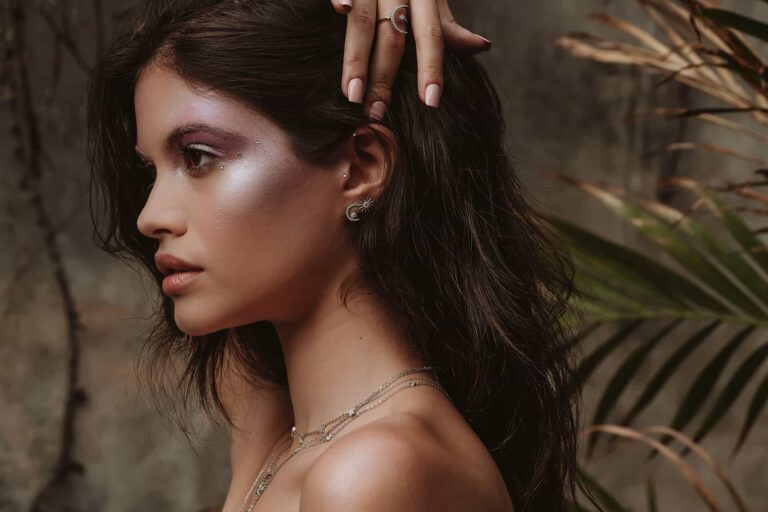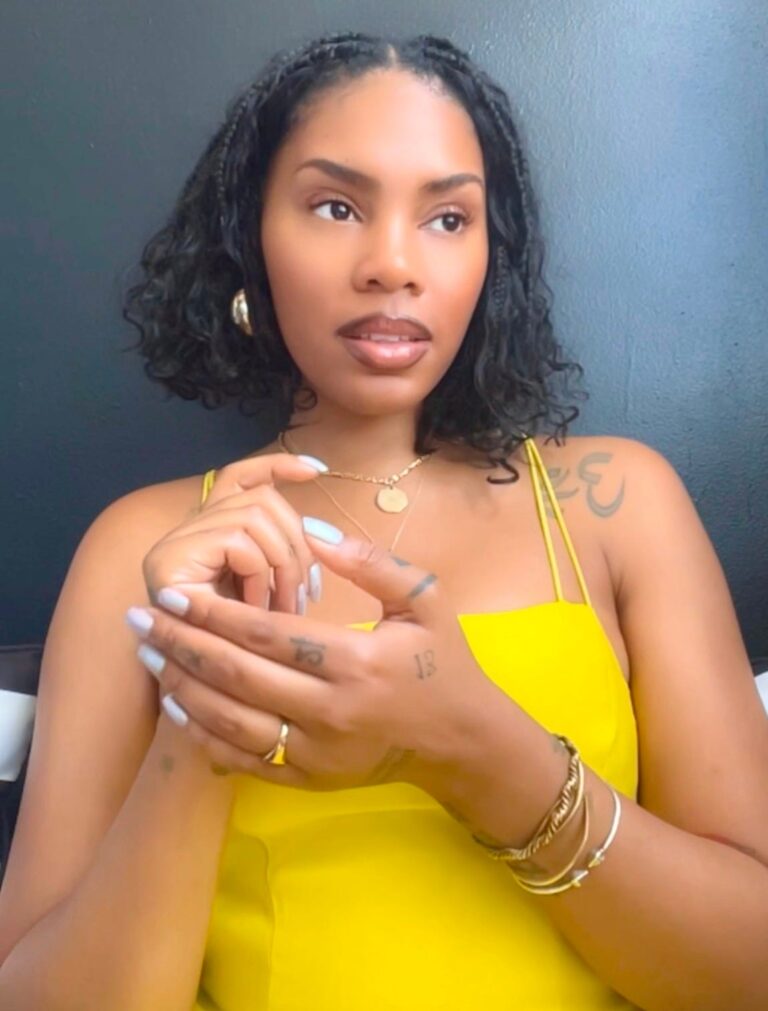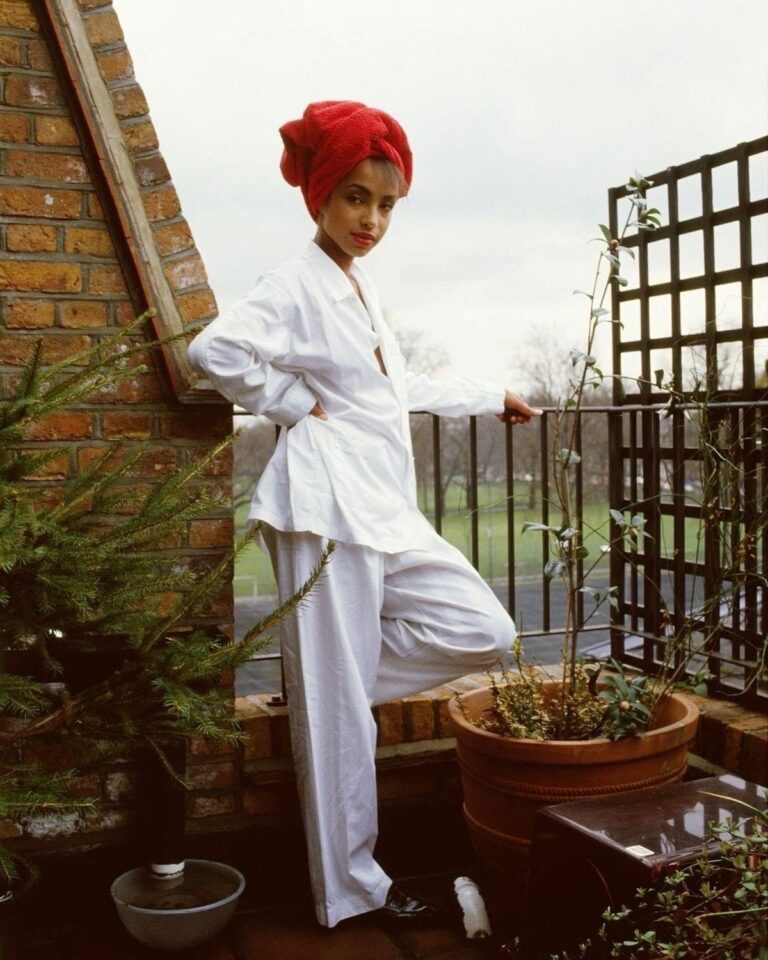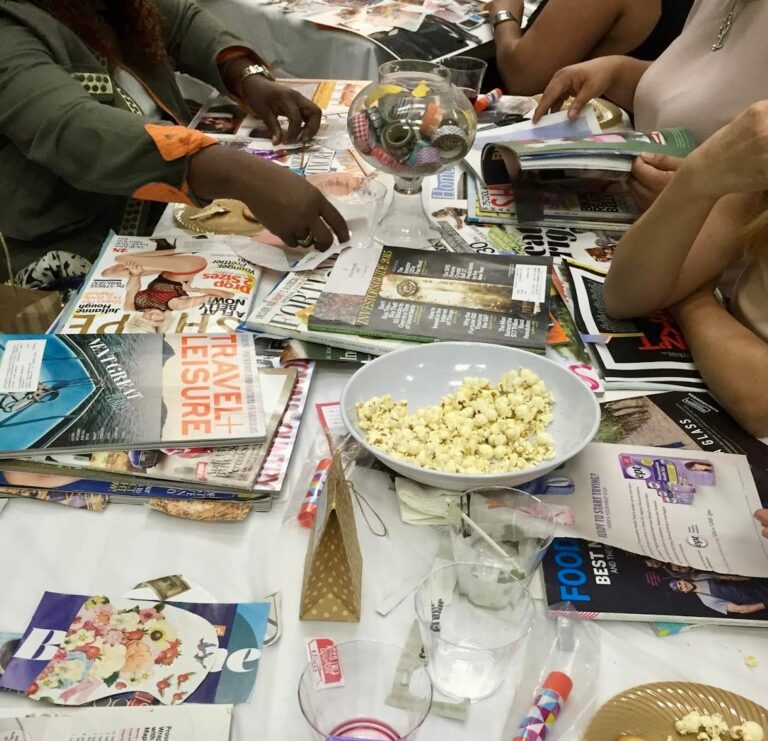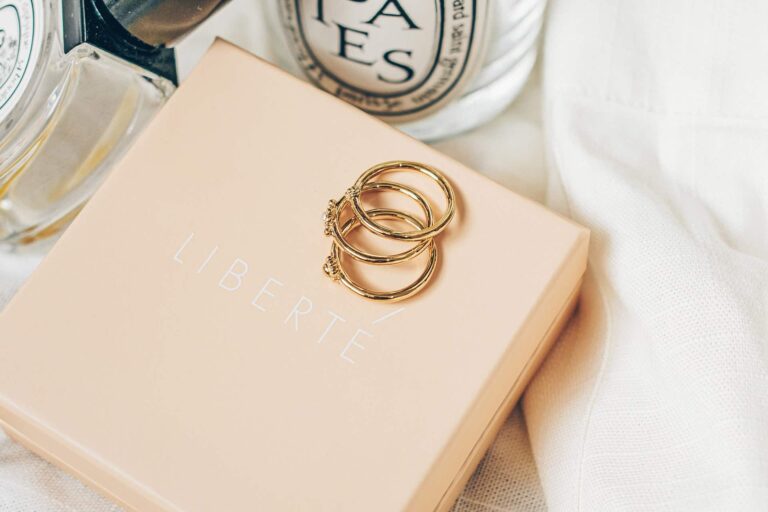Confessions of a Beauty Theologian
Coming Home: Beauty, Writing, and the Sacred Self
Every year, I choose an avatar—a version of myself I’m ready to embrace and embody. It’s not a resolution; it’s a reclamation. A way of saying, This is who I am now. This is who I’ve always been.
This year, I’m coming home to two parts of myself that have always been there, waiting patiently in the wings: Beauty Theologian and Beauty Writer.
It’s a return to the sacred, a reunion with the threads of my lineage, and an embrace of the power that has always lived in my hands, my voice, my reflection. These roles aren’t new—they’re ancient. They’re etched into my bones.
Writing, in particular, has always been so intimate and second nature to me that I barely have any photos of myself doing it. So, enjoy this picture of Moesha, my version of Carrie Bradshaw. I’ll be sure to do a shoot this year to finally capture the act of me writing—because if anything deserves to be seen, it’s this sacred practice that has carried me through every stage of my life.
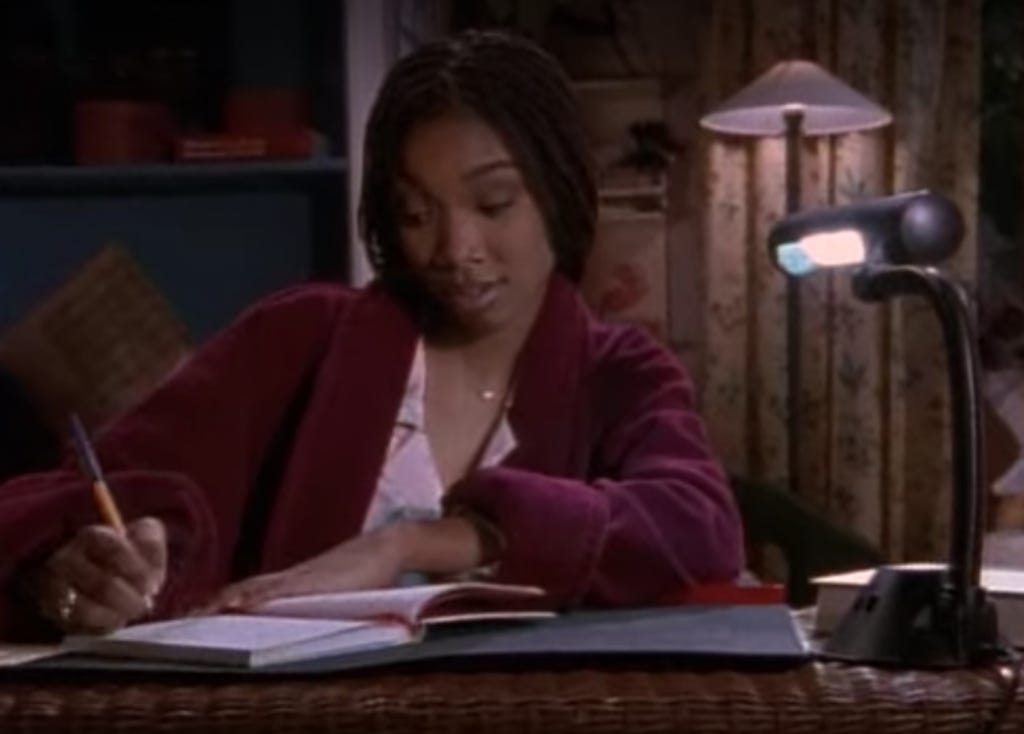
If you’ve ever seen the women in my family, you’d know beauty isn’t just an afterthought—it’s an inheritance. My mother, my grandmother, and my great-grandmother all held a deep, unspoken understanding of beauty as power. They didn’t just wear it—they wielded it.
My initiation into beauty was slow and deliberate. It wasn’t something I rushed into, and honestly, I’m grateful for that. It gave me time to unravel the mainstream media’s BS—the racism, the sexism, the suffocating standards—and witness the real beauty of beauty.
Thanks to the foolishness Black girls are often taught—to value intelligence over beauty, as if the two can’t coexist—I hesitated to fully embrace it. In my feminist era, I even internalized the idea that prioritizing beauty was vain or shallow. White women brainwashing at its best—hey, Gloria Steinem!
But my lineage? My lineage taught me better. The magic I experienced in my family and the wisdom I was taught weren’t things I had to learn from scratch. They were things I lived through. I watched my mother move with intention, listened to the stories my family shared, and pieced together the threads with my own intuition and self-study. Beauty, as I came to understand it, was already woven into me.
It wasn’t about unlearning—it was about finding the language to express what I had always known. Beauty isn’t about being seen. It’s about how you see yourself. It’s a force, a tool, a form of prayer.
In a world that often denies Black women their softness, their rest, their power, beauty becomes an act of resistance. A way to say, I am here. I will not shrink.
When I began to see beauty as energy—moving, shifting, radiating—it changed everything. Beauty became a portal, a way to connect to myself, to my ancestors, to the divine.
For me, beauty has always been a homecoming—a slow, steady return to what I already knew deep down. It wasn’t about chasing trends or forcing myself into molds that never fit. It was about uncovering the truth that had always been there: beauty is energy, beauty is power, beauty is divine.
My mother wasn’t a big makeup person, but she found beauty in other ways. She took long, luxurious baths—her sacred moments of solitude—and loved perfume, a tradition my grandmother embraced as well. My grandmother made Sundays her reset day, a time to restyle her wigs, tailor her clothing, and mentally prepare for the week ahead. It wasn’t just about appearance—it was about creating harmony within herself and her environment.
And then, there was my great-grandmother. Her beauty wasn’t just a personal expression; it was a means of survival. Living in the racist South, she used her beauty as a tool to provide for her family, navigating a world that demanded so much and gave so little in return.
These women showed me that beauty isn’t about vanity—it’s about intention. It’s about the rituals we create, the energy we cultivate, and the way we show up for ourselves and those we care for.
When I wash my hair, I’m not just cleaning it—I’m tending to my crown chakra, honoring the sacred space where divine wisdom flows. When I paint my nails, I’m not simply picking a color—I’m fortifying my hands, the tools I use to create, to heal, to connect. Every act of beauty I engage in is layered with intention.
This is the wisdom my lineage passed down to me—not through lectures or written lessons, but through the way they moved, the rituals they kept, and the stories they shared. My great-grandmother’s resilience, my grandmother’s meticulous preparation, my mother’s quiet self-care—all of it taught me that beauty is power, not performance.
And now, I see that every ritual, every intention, is a way of saying to myself: You are worthy. You are sacred. You are whole.
Writing is something I’ve always known. It’s been with me in every season of my life, shifting forms like water to fill whatever space I needed it to. From poetry scribbled in notebooks to songs remixed in my bedroom, from short stories to essays, syllabi, meditations, and even podcast scripts—writing has always been there.
I just never gave myself the title of writer. Not because I didn’t feel worthy of it, but because I never saw it as a priority. Writing was something I loved, something that came naturally, but life demanded other things of me.
Still, it’s impossible to ignore its role in my life. My poetry has been published, and I’ve won awards for it—performing my work at places like BAM and Tribeca Film Festival, where I even co-wrote a play. Writing wasn’t just a quiet passion; it was a powerful way to share my voice with the world.
And then, there’s journaling. I’ve journaled almost daily for as long as I can remember, filling notebooks with thoughts, reflections, and dreams. Some of those journals I’ve kept, and others have been lost to life’s many transitions, but they all carried pieces of me—snapshots of who I was, who I was becoming, and what I needed to say.
Over time, my writing expanded. Podcast scripts became another outlet for my creativity, a way to transform ideas into spoken words that could resonate with others. Writing for podcasts challenges me to weave storytelling, insight, and connection into an audio experience—different from the intimacy of a journal or the structure of an essay, but no less meaningful.
I went to school for literature, my favorite subject since childhood, and found myself most at home surrounded by words. Stories, essays, even the rhythmic lines of poetry—they were like threads connecting me to something bigger than myself.
And now, I see that writing isn’t just something I do—it’s a part of who I am. It’s how I express the depths of my experience, how I give shape to the lessons I’ve learned, and how I invite others into my world.
This year, I’m stepping fully into that identity. Living on my Mercury line—a place astrologically aligned with communication and creativity—has felt like the universe nudging me toward this moment. Writing isn’t just my tool; it’s my language, my gift, my way of weaving magick into the world.
Share The Dark Divines
This year, I’m coming home. Home to beauty as a sacred force. Home to writing as my divine gift. And home to myself in ways that feel grounding, transformative, and deeply aligned.
What you’ll find here is an extension of that journey. Stories that reveal the layers of beauty and power we often overlook. Rituals that merge the practical with the mystical, inviting you to see beauty not as a chore but as a portal to your highest self.
Some of what I share will feel light—a guide to glowing skin, the juices I drink for radiance, the products I swear by. But every piece will carry a deeper truth, an invitation to see beauty as energy, as intention, as prayer.
Because beauty isn’t just something we do—it’s something we embody. It’s how we show up in the world, not for others, but for ourselves.
If there’s one thing I want you to take away, it’s this: beauty isn’t small. It isn’t shallow. It isn’t something to be ashamed of. It’s power, and when we honor it with intention, it transforms not just how we see ourselves but how we move through the world.
This year, I’m exploring beauty and writing with that power in mind. I’m stepping into the fullness of who I am and inviting you to do the same. Let’s see beauty not just for what it is, but for what it can unlock—for the prayers it holds, the doors it opens, the magick it awakens.
So here’s to beauty. Here’s to writing. And here’s to the journey of coming home to yourself.
Let’s begin.
Leave a comment

